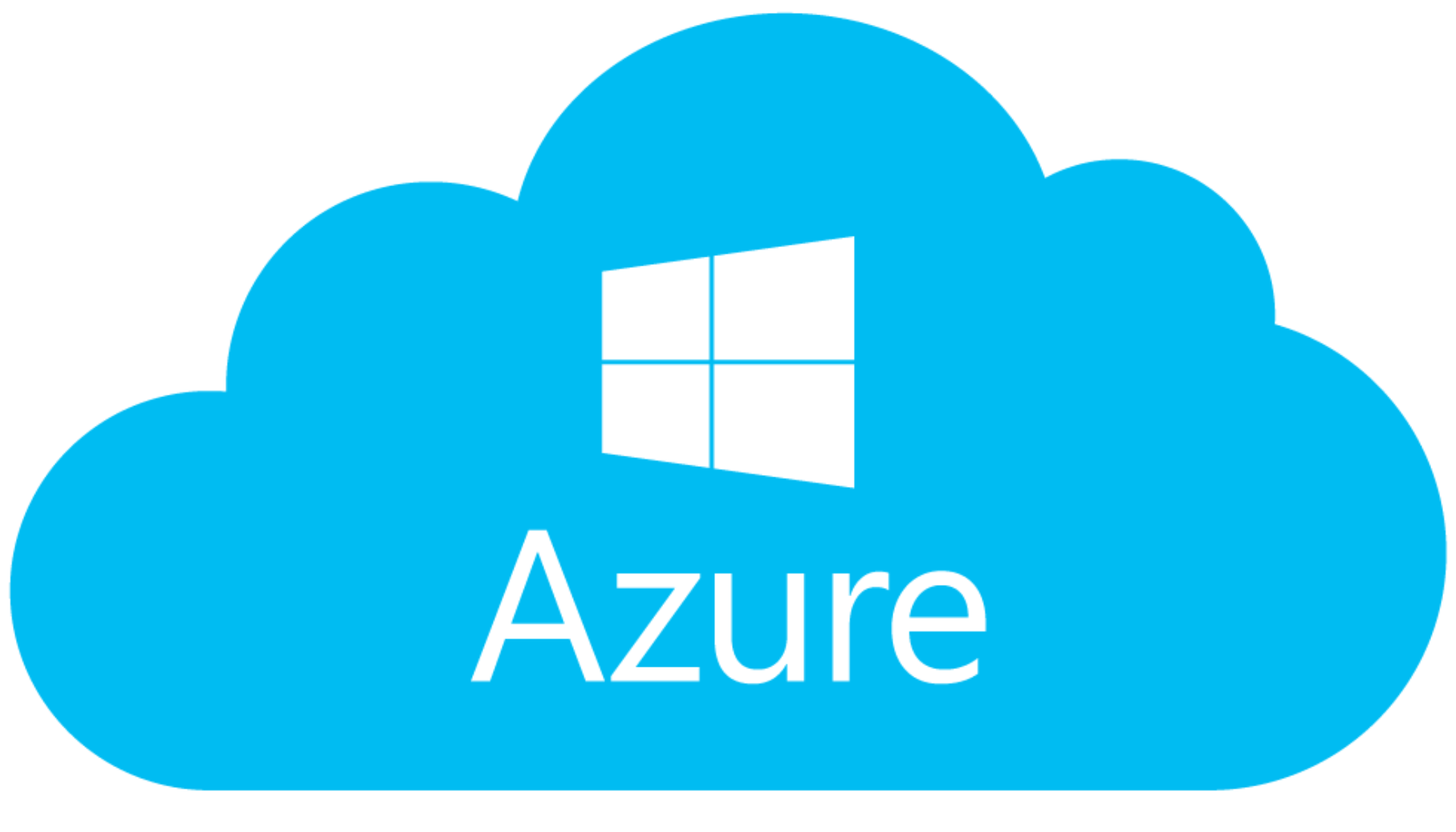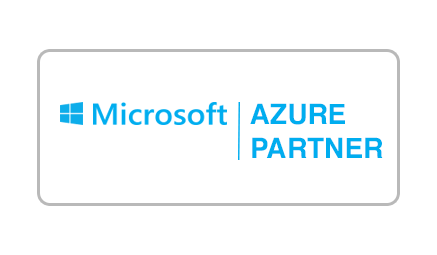AN INTRODUCTION TO AZURE CLOUD BACKUP

Why use Azure Backup?
- Offload on-premises backup
Azure Backup offers a simple solution for backing up your on-premises resources to the cloud. Get short and long-term backup without the need to deploy complex on-premises backup solutions.
- Back up Azure IaaS VMs
Azure Backup provides independent and isolated backups to guard against accidental destruction of original data. Backups are stored in a Recovery Services vault with built-in managed of recovery points. Configuration and scalability are simple, backups are optimized, and you can easily restore as needed.
- Scale easily
Azure Backup uses the underlying power and unlimited scale of the Azure cloud to deliver high-availability with no maintenance or monitoring overhead.
- Get unlimited data transfer
Azure Backup does not limit the amount of inbound or outbound data you transfer, or charge for the data that is transferred.
Outbound data refers to data transferred from a Recovery Services vault during a restore operation.
If you perform an offline initial backup using the Azure Import/Export service to import large amounts of data, there is a cost associated with inbound data.
- Keep data secure
Azure Backup provides solutions for securing data in transit and at rest.
- Get app-consistent backups
An application-consistent backup means a recovery point has all required data to restore the backup copy. Azure Backup provides application-consistent backups, which ensure additional fixes are not required to restore the data. Restoring application-consistent data reduces the restoration time, allowing you to quickly return to a running state.
- Retain short and long-term data
You can use Recovery Services vaults for short-term and long-term data retention. Azure doesn't limit the length of time data can remain in a Recovery Services vault. You can keep it for as lo
- Automatic storage management
Hybrid environments often require heterogeneous storage - some on-premises and some in the cloud. With Azure Backup, there is no cost for using on-premises storage devices. Azure Backup automatically allocates and manages backup storage, and it uses a pay-as-you-use model, so that you only pay for the storage you consume.
- Multiple storage options
Azure Backup offers two types of replication to keep your storage/data highly available.
Locally redundant storage (LRS) replicates your data three times (it creates three copies of your data) in a storage scale unit in a datacenter. All copies of the data exist within the same region. LRS is a low-cost option for protecting your data from local hardware failures.
Geo-redundant storage (GRS) is the default and recommended replication option. GRS replicates your data to a secondary region (hundreds of miles away from the primary location of the source data). GRS costs more than LRS, but GRS provides a higher level of durability for your data, even if there is a regional outage.

AN INTRODUCTION TO AZURE CLOUD BACKUP

Why use Azure Backup?
- Offload on-premises backup
Azure Backup offers a simple solution for backing up your on-premises resources to the cloud. Get short and long-term backup without the need to deploy complex on-premises backup solutions.
- Back up Azure IaaS VMs
Azure Backup provides independent and isolated backups to guard against accidental destruction of original data. Backups are stored in a Recovery Services vault with built-in managed of recovery points. Configuration and scalability are simple, backups are optimized, and you can easily restore as needed.
- Scale easily
Azure Backup uses the underlying power and unlimited scale of the Azure cloud to deliver high-availability with no maintenance or monitoring overhead.
- Get unlimited data transfer
Azure Backup does not limit the amount of inbound or outbound data you transfer, or charge for the data that is transferred.
Outbound data refers to data transferred from a Recovery Services vault during a restore operation.
If you perform an offline initial backup using the Azure Import/Export service to import large amounts of data, there is a cost associated with inbound data.
- Keep data secure
Azure Backup provides solutions for securing data in transit and at rest.
- Get app-consistent backups
An application-consistent backup means a recovery point has all required data to restore the backup copy. Azure Backup provides application-consistent backups, which ensure additional fixes are not required to restore the data. Restoring application-consistent data reduces the restoration time, allowing you to quickly return to a running state.
- Retain short and long-term data
You can use Recovery Services vaults for short-term and long-term data retention. Azure doesn't limit the length of time data can remain in a Recovery Services vault. You can keep it for as lo
- Automatic storage management
Hybrid environments often require heterogeneous storage - some on-premises and some in the cloud. With Azure Backup, there is no cost for using on-premises storage devices. Azure Backup automatically allocates and manages backup storage, and it uses a pay-as-you-use model, so that you only pay for the storage you consume.
- Multiple storage options
Azure Backup offers two types of replication to keep your storage/data highly available.
Locally redundant storage (LRS) replicates your data three times (it creates three copies of your data) in a storage scale unit in a datacenter. All copies of the data exist within the same region. LRS is a low-cost option for protecting your data from local hardware failures.
Geo-redundant storage (GRS) is the default and recommended replication option. GRS replicates your data to a secondary region (hundreds of miles away from the primary location of the source data). GRS costs more than LRS, but GRS provides a higher level of durability for your data, even if there is a regional outage.


